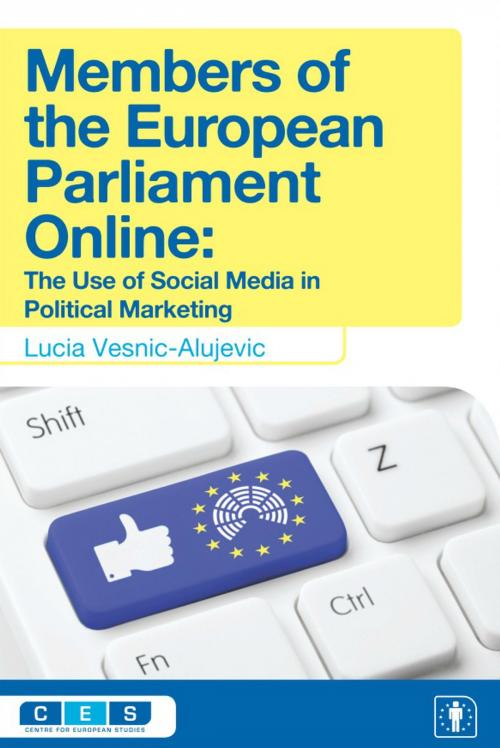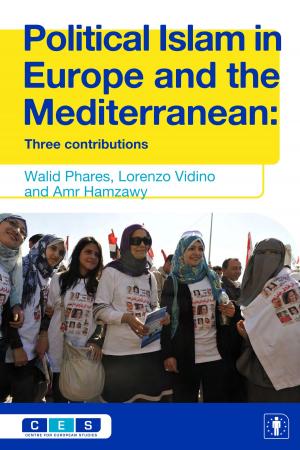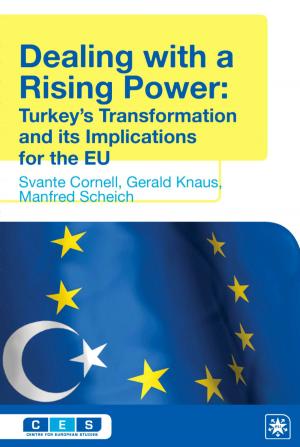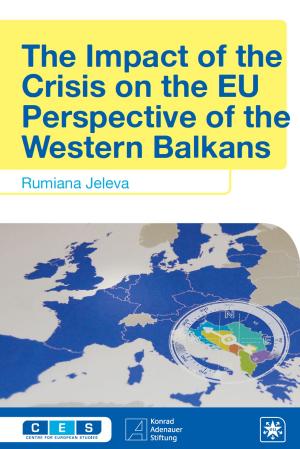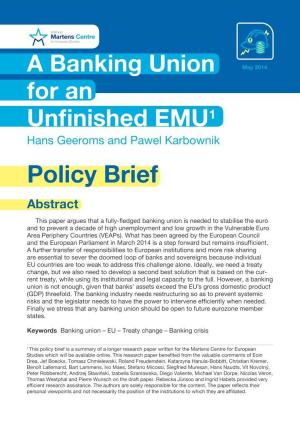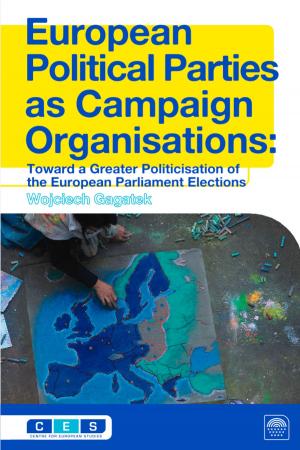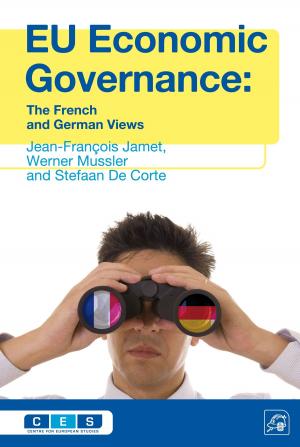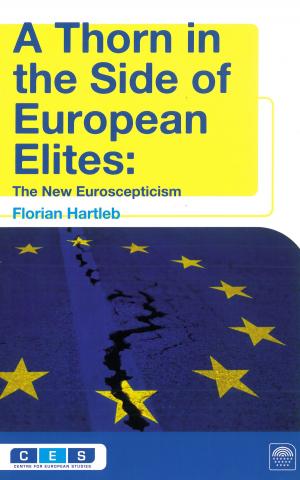Members of the European Parliament Online
The Use of Social Media in Political Marketing
Nonfiction, Social & Cultural Studies, Political Science, Government, Political Parties, International, Computers, Internet| Author: | Lucia Vesnic-Alujevic | ISBN: | 1230000196955 |
| Publisher: | Wilfried Martens Centre for European Studies | Publication: | November 15, 2013 |
| Imprint: | Language: | English |
| Author: | Lucia Vesnic-Alujevic |
| ISBN: | 1230000196955 |
| Publisher: | Wilfried Martens Centre for European Studies |
| Publication: | November 15, 2013 |
| Imprint: | |
| Language: | English |
The appearance of political marketing and campaigning on social media is a relatively new phenomenon, whose major advantages are seen in the rapid transportation of information through the Internet and the possibilities for large numbers of people to connect. This is especially significant for politics on the EU level, which embraces an electoral body of 375 million citizens. Despite the fact that not everyone uses the Internet in Europe, the percentage of those who do is considered to be high enough for its application in politics. In the context of the European Parliament and the constant fall in voter turnout, but also the growing use of Internet in the society, especially electoral campaigns, the goal of this paper is to examine the connection between European politics, Members of the European Parliament and the use of social media, and to give suggestions on how the use of social media in political marketing could be further advanced.
The appearance of political marketing and campaigning on social media is a relatively new phenomenon, whose major advantages are seen in the rapid transportation of information through the Internet and the possibilities for large numbers of people to connect. This is especially significant for politics on the EU level, which embraces an electoral body of 375 million citizens. Despite the fact that not everyone uses the Internet in Europe, the percentage of those who do is considered to be high enough for its application in politics. In the context of the European Parliament and the constant fall in voter turnout, but also the growing use of Internet in the society, especially electoral campaigns, the goal of this paper is to examine the connection between European politics, Members of the European Parliament and the use of social media, and to give suggestions on how the use of social media in political marketing could be further advanced.
